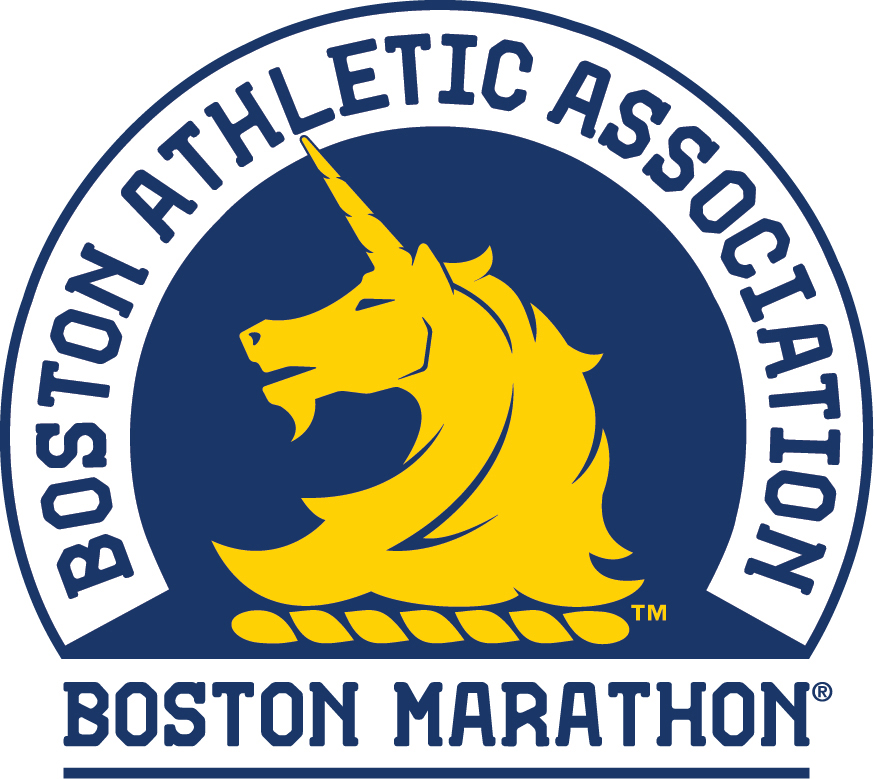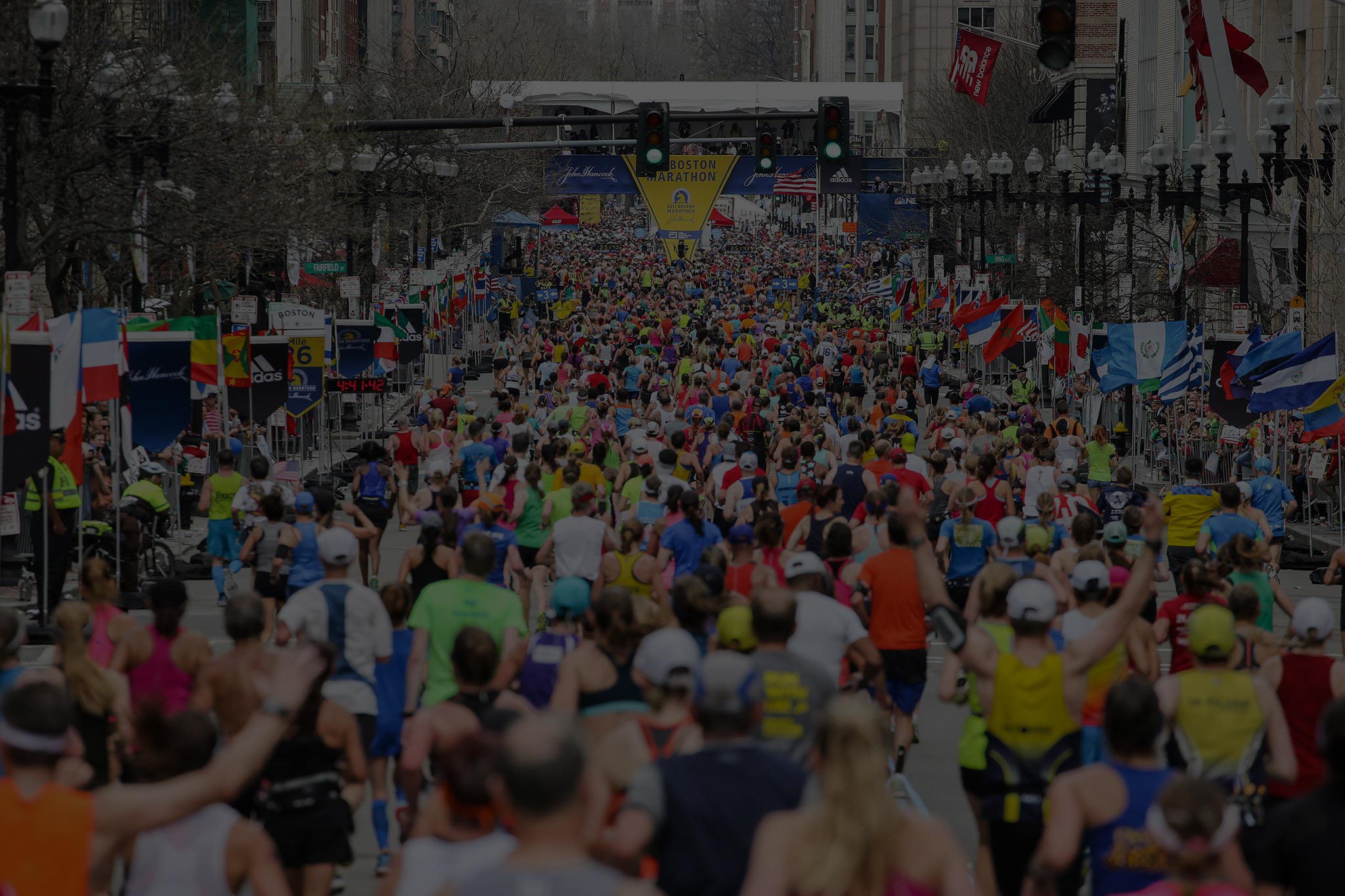

Since Bobbi Gibb's historic run in 1966, women have become a powerful presence at the Boston Marathon. In 2019, over 45% of athletes in the Boston field were women, and the gap between men's and women's winning times has continued to shrink. Check out the data visualizations below to see how Boston's gender distribution has changed since the race officially opened to women in 1972.
After World War II ended in 1945, the Boston Marathon became increasingly cosmopolitan, with winners from abroad soon overtaking Americans as race champions. After the marathon began offering prize money in 1986, the incentive for elite international runners to compete in Boston grew. See how the nationality of winners changed throughout the marathon's history in the visualizations below.
